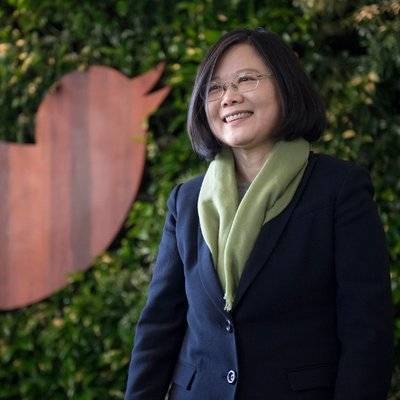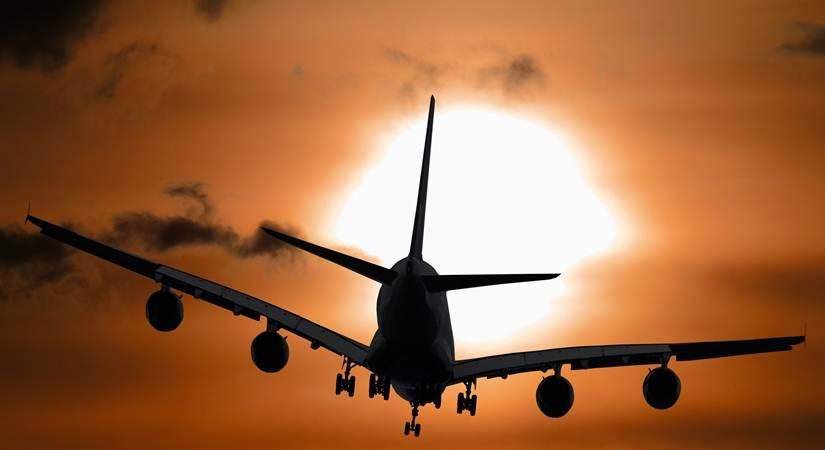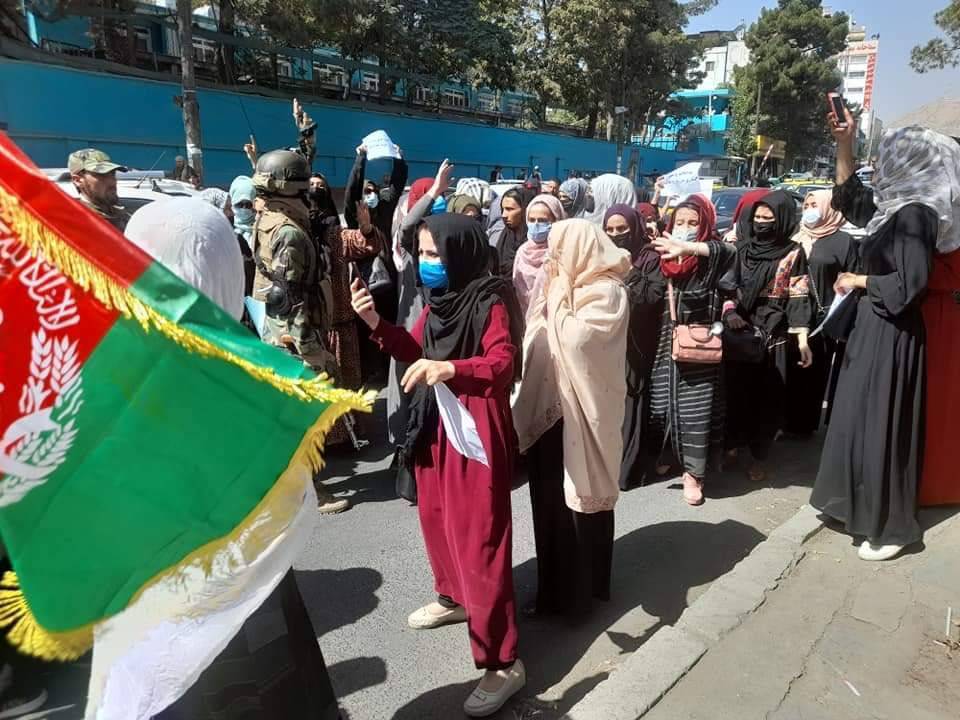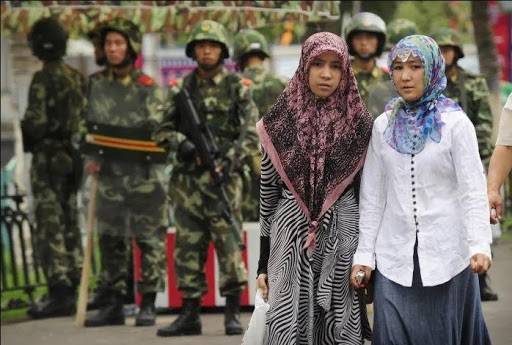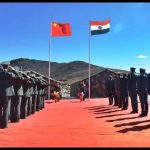Earlier, China on Saturday hit out at former Australian Prime Minister Tony Abbott over his visit to Taiwan and issued a strong statement against him….reports Asian Lite News
Amid the unrelenting Chinese incursions into Taiwan’s air defence identification zone, President Tsai Ing-wen on Wednesday said that the country stands on democracy’s first line of defence, in the face of increasing threats from authoritarian actors.
“Taiwan stands on democracy’s first line of defence, in the face of increasing threats from authoritarian actors. We will not give in, and will continue working with our democratic partners across the world to enhance our collective resilience,” tweeted Tsai Ing-wen.
Earlier, China on Saturday hit out at former Australian Prime Minister Tony Abbott over his visit to Taiwan and issued a strong statement against him.
The development comes after Abbott, who is the Special Envoy for Indigenous Affairs of Australia, visited Taiwan last week and met President Tsai Ing-wen along with other government officials, Taiwan News reported.
In response to Abbott’s visit, the Chinese embassy in Canberra posted a statement on their website, saying, “Tony Abbot is a failed and pitiful politician,” Taiwan News reported.
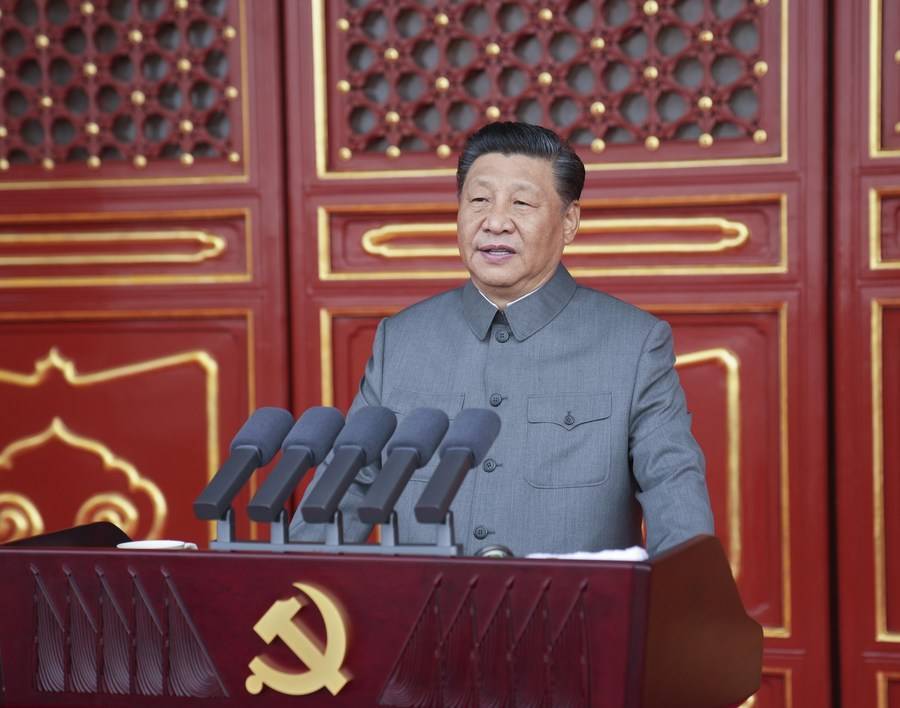
“Emerging from the pandemic, authoritarian regimes are now even more confident that their alternative model is more adaptive than the democratic system. Through grey zone activities, military threats and information manipulation authoritarian regimes aim to erode our citizens’ confidence in democratic institutions and polarize our societies. Taiwan stands on the front line of this assault and we have been working diligently to combat such coercion. We will share our experience and continue working with like-minded countries to safeguard the liberal democratic world order, and to tackle the unprecedented challenges from authoritarian regimes,” said Tsai in a video message.
Her remarks come amidst the rising tensions between Beijing and Taipei after nearly 150 Chinese military aircraft breached the airspace of Taiwan over a period of four days.
Beijing claims full sovereignty over Taiwan, a democracy of almost 24 million people located off the southeastern coast of mainland China, despite the fact that the two sides have been governed separately for more than seven decades.
Taipei, on the other hand, has countered the Chinese aggression by increasing strategic ties with democracies including the US, which has been repeatedly opposed by Beijing. China has threatened that “Taiwan’s independence” means war.
On June 1, Chinese President Xi Jinping pledged to complete reunification with self-ruled Taiwan and vowed to smash any attempts at formal independence for the island. (ANI)


